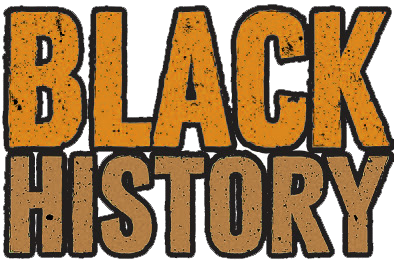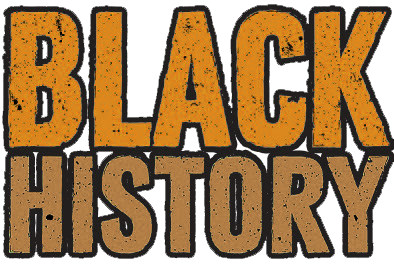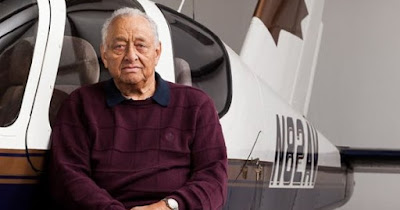According to npr.org, Harris grew up visiting the Lockbourne Air Force Base with his brother. He's recorded to state: "My brother and I would run around the base and enjoy the facility and never paid any attention to the fact that all the people on the base were Black." Evidently, many of the officers and workers on that base would have made excellent pilots, had commercial airlines given them the chance.
The article shares that although "President Truman desegregated the armed forces in 1948, racism within the airline industry persisted." Through his perseverance, however, Harris soon "became a captain in the U.S. Air Force flying B-52 bombers. After six and a half years in the military, he applied to be a pilot at several commercial airlines."
Harris applied to many airlines but was rejected most times. It wasn't until Harris reached out to American Airlines that he was considered a serious candidate. Npr states: "Within three years, Harris was a captain with the company." His story is often overlooked, but it certainly is not forgotten. In how own words, Harris quotes: "Reaching back and helping others to succeed, that's what I'd like for my legacy to be."













